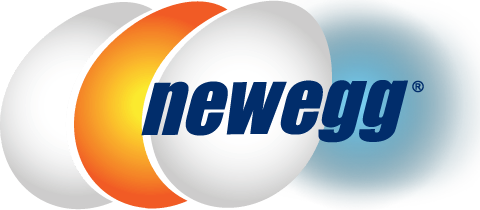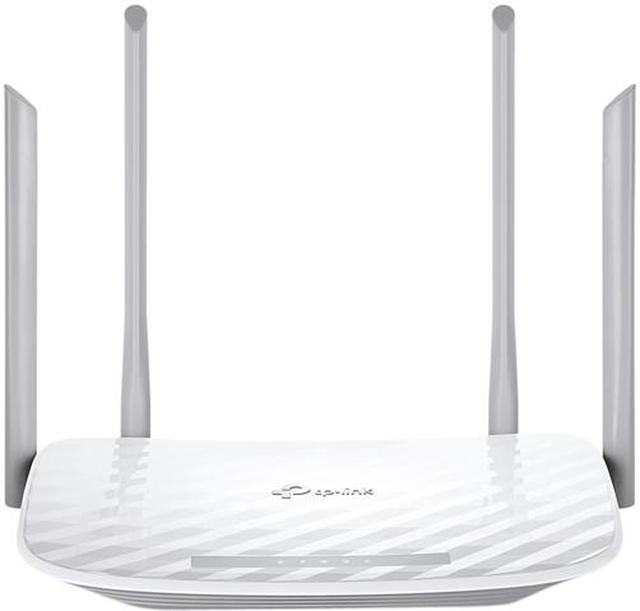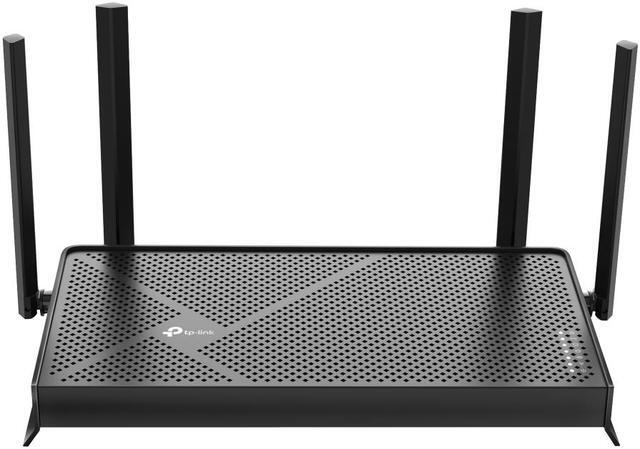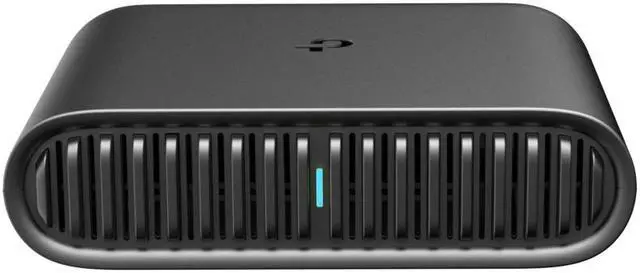The FCC has been going back and forth recently due to pressures from all sides regarding its Internet service regulations. The threat has been whether or not Internet Service Providers can allow high-paying companies “paid prioritization” – more efficient web trafficking at a cost that only very large corporations can afford. What does this mean for us, the average consumers? It could mean paying – or paying more – for what you already have.
Since its inception, the Internet has been a great equalizer – the best and the worst sites show up on the same page in your search, and their speed and efficiency have been defined by the ISP being used. In this scenario, only those companies who can pay big bucks will have quick ‘net speeds. This is the World Wide Web version of the mom-n-pop shops of yesteryear going out of business due to big box, big money retail chains.
Part of the question is whether Internet service should qualify as a utility or as a telecommunications service. A utility – like water, gas, or electricity – would draw more government regulation than a telecommunications service, which is more of a commodity. Either definition offers unique pros and cons. If access to the Internet becomes a utility, then the market could open up for competing ISPs, which would lower costs and increase efficiency. If it is controlled by the CEOs of AT&T, Verizon, Comcast, etc., then new startup ISP efforts will struggle from the get-go. Competition will decrease (it’s already low). Monopolization will ensue. Costs will rise for both the consumer and for the online companies on the other side of the service provider.
The idea that Comcast or Time Warner might give YouTube better online access than a doctor sending critical diagnostic information to a hospital is frightening.
-John R. Quain, Tech Columnist for FoxNews.com
On the other hand, there are websites that many people use frequently that might benefit from faster service – Netflix, Hulu, or other TV, movie, and entertainment sites come to mind. Also, faster net service might enhance Internet gaming. Does preventing “fast-“ and “slow-lane” web traffic mean that everyone will always be stuck with merely mediocre service?
Under the new proposal, the FCC would have the power to either support or nix deals between ISPs and businesses – deals that threaten to smother online companies who can’t pay top dollar for prioritization. In my opinion, we need non-profit NGOs to govern the web, keeping it free, keeping it equal, keeping it what it was created to be.
This Thursday, votes will be cast to solidify policies on this issue. The question in our free market is the customary one – how do we keep the power out of the hands of big business and in the hands of the consumers?





